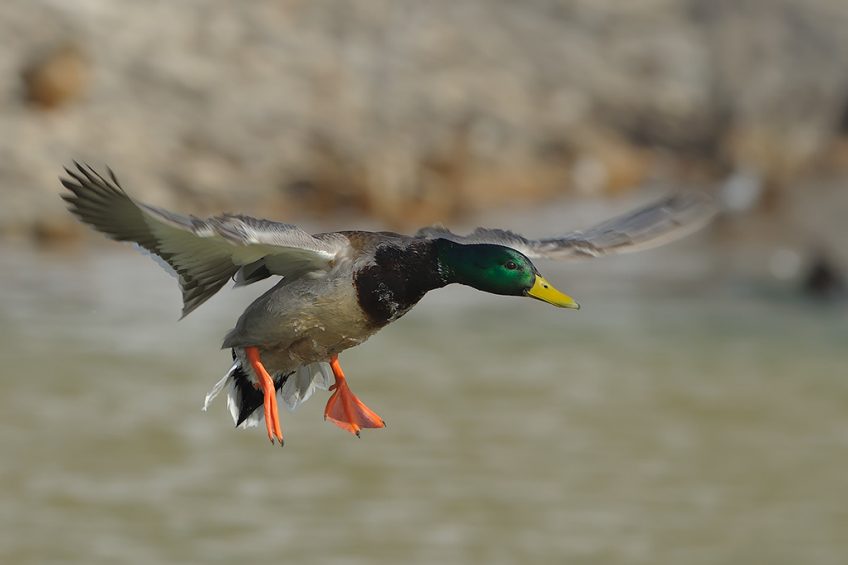Wild birds carrying bird flu discovered in Dorset

Avian influenza has been found in 17 wild birds in Dorset, prompting Defra to impose a ‘prevention zone’ in the county that imposes a higher level of biosecurity on poultry producers.
It is the first detection of bird flu in Britain since August last year.
Defra said the strain was closely related to the H5N6 variety that has been circulating across Europe this winter, and was different to a strain of a similar name known to infect humans in China.
In light of the finding, those who keep poultry must take measures to prevent contact with wild birds, but the requirement falls short of a formal housing order.
Situation under review
A Defra spokesman confirmed that the situation was under review, and housing birds nationwide would be considered if the situation worsened.
The measures in place for Dorset ask poultry keepers to:
- Minimise movement in and out of bird enclosures
- Clean footwear before and after visiting birds, using a Defra approved disinfectant at entrances and exits
- Clean and disinfect vehicles and equipment that have come into contact with poultry
- Keep areas where birds live clean and tidy, and regularly disinfect hard surfaces such as paths and walkways
- Humanely control rats and mice
- Place birds’ food and water in fully enclosed areas protected from wild birds, and remove any spilled feed regularly
- Keep birds separate from wildlife and wild waterfowl by putting suitable fencing around outdoor areas they access
- Keep a close watch on birds for any signs of disease and report any very sick birds or unexplained deaths to your vet
Chief vet Nigel Gibbens said: This is the first time avian flu has been identified in the UK this winter and while the disease does not represent a threat to the public, it is highly infectious and deadly to birds.
Stay vigilant
As the virus has been circulating across Europe, this finding has not come as a surprise. But it is vital that anyone who keeps birds – whether a few in a back garden or thousands on a farm – is vigilant for any signs of disease, reports suspect disease to APHA and maintains good biosecurity to reduce the risk of their birds becoming infected.












